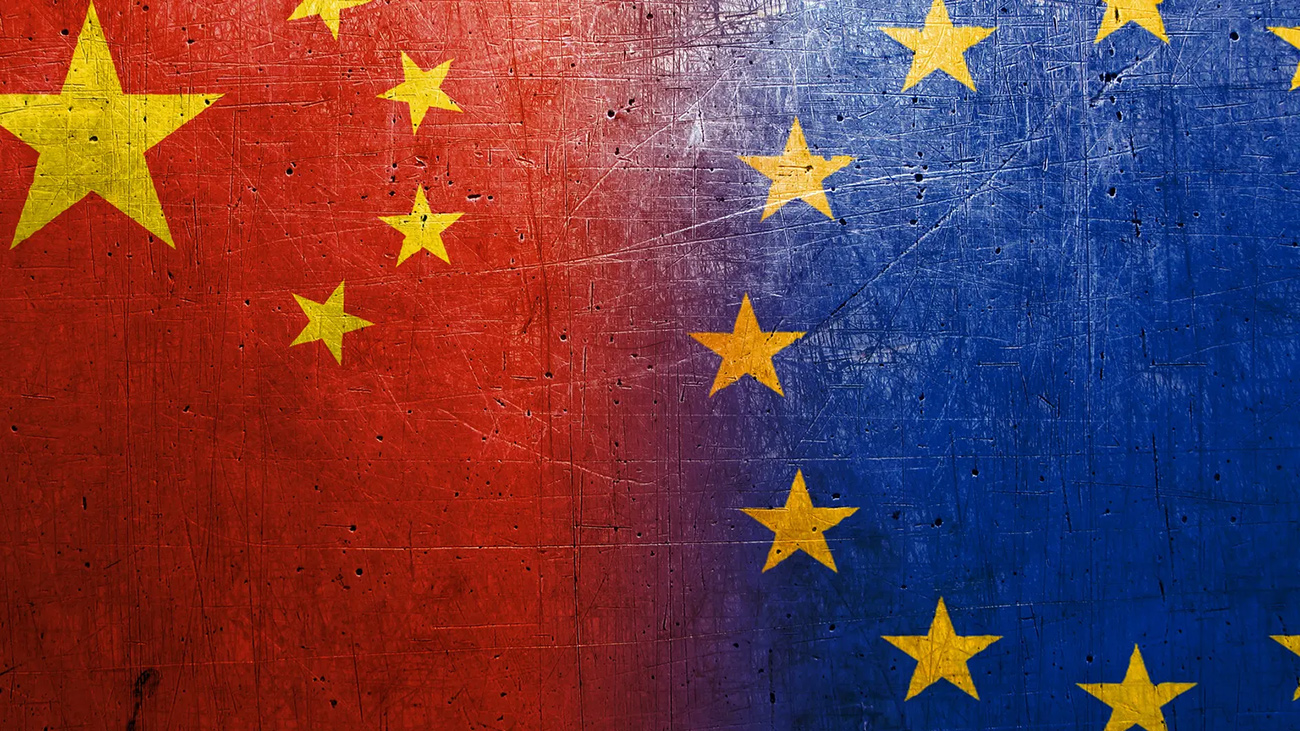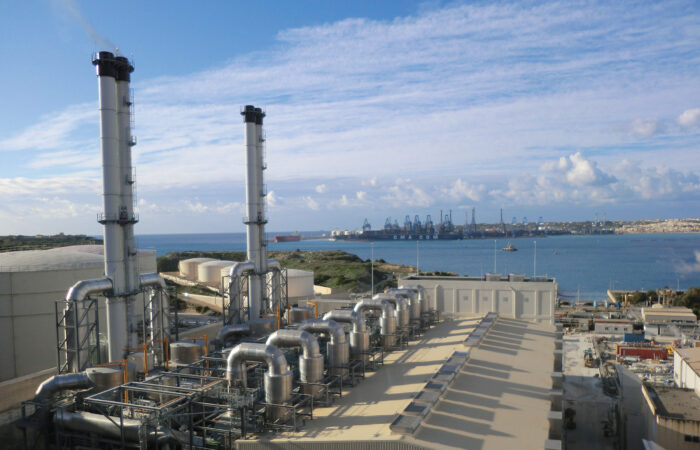Maria Demertzis*
Les jeux sont fait! The European Union (EU) has so far been careful not to take sides in the United States-China rivalry. This has now changed with a major speech given by the President of the European Commission, Ursula von der Leyen, at the end of March, before her trip to China with French President Emmanuel Macron.
In the most compelling sentence in the speech, von der Leyen said that, “the imperative for security and control now trumps the logic of free markets and open trade.”
Admittedly, this sentence is meant to describe how China is becoming more repressive domestically and more assertive abroad. But it is ironic how well this sentence also captures von der Leyen’s view of what an EU-China policy should look like. Or maybe that was the intention all along. Von der Leyen dedicated a good part of her speech to explaining how China is morphing into an authoritarian state, which implements a state-capitalist system and courts dictators. The EU must react to China’s system, she argues, by following the same logic of limiting free markets and restraining open trade. In the process, the one country that can finally rejoice is the US, because it sees the EU going down the same tactical route it has already taken.
The EU, von der Leyen said, will take four steps to minimise the risk of China. First, it will reduce its unhealthy dependency on China for rare earth minerals. A lesson learned from the energy dependence on Russia, this is both sensible and overdue. The second and third steps are entirely defensive. The EU will step up its trade instruments, like export controls, and will devise new ones like monitoring outbound investment to protect its economic security. Fourth, the EU acknowledges China’s size and needs to form partnerships that can provide a credible counterweight.
To be fair, what else is there to do, to deal with a country as big as China that chooses to play by its own rules? By that yardstick, von der Leyen’s speech was a masterful attempt to tell it like it is, but with sufficient appreciation of the opponent’s might.
Several other subtle changes in the language we are used to getting from the European Commission are noteworthy and welcome.
The notion of decoupling is now emphatically replaced by de-risking. Unlike the US, the EU never really advocated actual decoupling from China. The EU is acutely aware of how difficult and damaging this would be to its economy. It has therefore remained silent on this. With de-risking, von der Leyen puts forward a notion that is both more realistic and arguably more constructive.
Moreover, this also helps to put aside the term ‘strategic autonomy’, replacing it with ‘diplomatic and economic de-risking’. A strategy that previously meant very different things to different people is now replaced with one that focuses on resilience.
Last, there is no mention of ‘like-minded’ countries. This is now replaced with “alignment with partners”, a subtle move away from the inadequate idea of the EU only cooperating with those that are similar.
On the other hand, the notion of China as a systemic rival, a term void of meaning that had only exposed the EU’s inability to make its mind up, is now side-lined (although not abandoned). Much clearer language takes its place, to describe how the EU sees China: “most powerful nation, and strategic posture”. Von der Leyen also challenged China’s insistence on considering itself a developing nation, and calls on China to assume its responsibilities on Russia, as a permanent member of the Security Council.
Words matter, and the attempt to be respectful of the ‘opponent’s might’, but also firm about the responsibility this ‘might’ brings, is important.
At the end of the speech, von der Leyen turned to domestic audiences. “We must collectively show that our democratic system, our values and our open economy can deliver prosperity and security for our people.” True. But the Chinese are listening. A country whose philosophers have “shaped culture and society in much of today’s world” may not easily surrender the moral high ground that von der Leyen (and the European Commission ) insist on claiming.
But make no mistake. The speech makes it clear that, at least the European Commission has picked sides, not just with words, but with actions: laws on reaching net-zero emissions, securing critical raw materials, imposing export controls, and controlling both inward and outward investments. In her speech, von der Leyen, makes it clear that there is no way of dealing with China with a defunct rule book. Two issues remain. First, does she really speak for the whole of the EU on this? And second, siding with the US, even if not completely aligning, could get really awkward after the next US elections.
*Maria Demertzis is a Senior fellow at Bruegel and part-time Professor of Economic Policy at the School of Transnational Governance at the European University Institute in Florence. The article is published by Bruegel and is also posted on the blog of the Cyprus Economic Society https://cypruseconomicsociety.org/blog/blog-posts/




